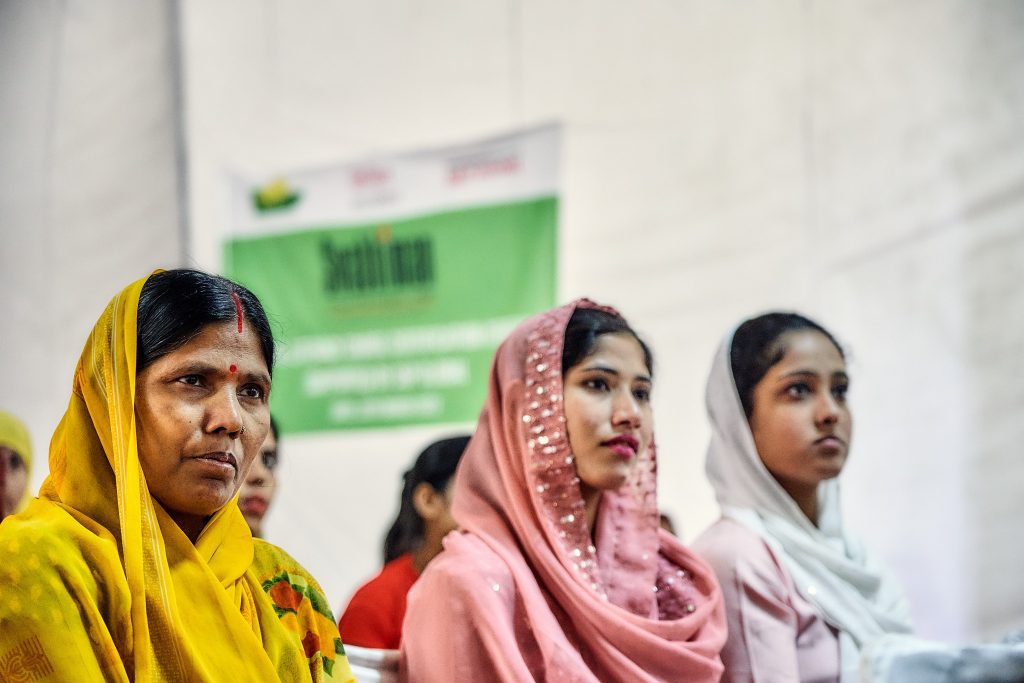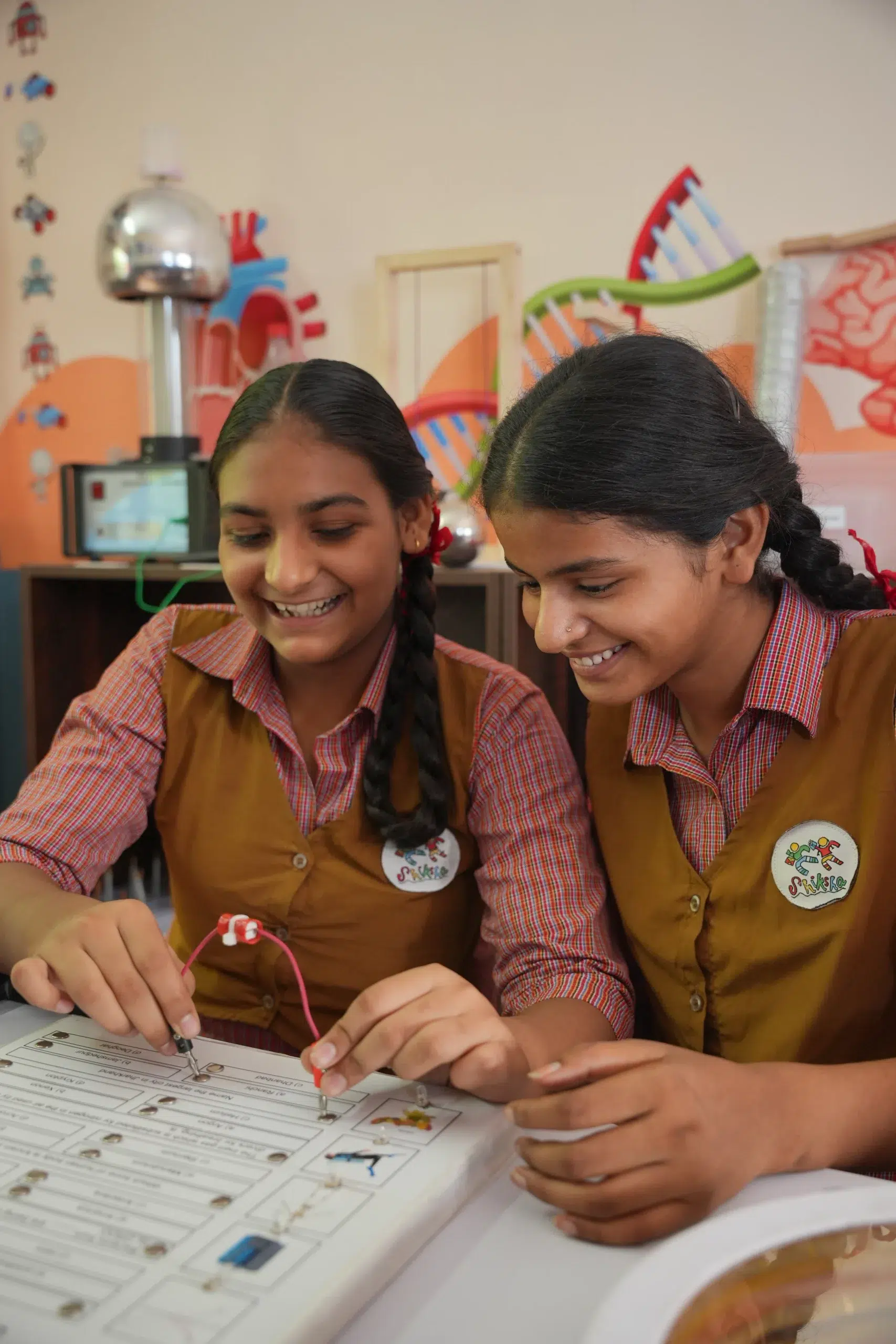The ascent of India to becoming the world’s fifth-largest economy is undeniably impressive, marked by robust domestic consumption, a thriving service sector, and a surge in foreign direct investment. However, in between this economic growth, India faces significant challenges in achieving financial inclusion, particularly concerning women. Despite strides in various sectors, systemic barriers and discrimination persist, hindering the access of women to financial services.
Financial inclusion is essential for advancing gender equality and empowering women economically, aligning with the Sustainable Development Goals. Shockingly, one out of every five women in India lacks access to a bank account, highlighting the disparities in financial access. Despite initiatives to enhance financial inclusion, barriers such as documentation requirements, geographical distance from banking facilities, and lack of digital literacy persist, disproportionately affecting women.
Beyond the traditional norms for financial inclusion of women
The limitations of the traditional banking system in serving underserved communities have paved the way for fintech firms to revolutionize financial services. Leveraging technology, fintech platforms offer accessible and user-friendly banking solutions, empowering women and underserved groups. Initiatives like Digital India and the Unified Payment Interface have facilitated financial access via smartphones, bridging gaps and promoting financial autonomy for women. Through these efforts, women gain critical credit access, fostering economic empowerment and independence in entrepreneurial pursuits.
Moreover, financial literacy programs play a crucial role in promoting financial inclusion by equipping women with essential knowledge about cash management, banking, and investment tools. By understanding these concepts, women gain confidence in handling their finances effectively, empowering them to actively participate in economic activities. Digital literacy further enhances financial inclusion, enabling women to access banking services seamlessly and fostering financial independence.
What about policies?
Gender-responsive policies are essential for promoting gender equality and ensuring equal access of women to financial services. Initiatives like Pradhan Mantri Mudra Yojana offer collateral-free loans to micro and small enterprises, including women-led businesses, encouraging financial institutions to extend credit to women entrepreneurs. Promoting joint ownership of land titles also ensures the legal property rights of women, contributing to gender equity in land ownership.
Microfinance institutions play a pivotal role in fostering financial inclusion and empowering women. By offering small loans and customized financial products, these institutions address the unique challenges faced by women entrepreneurs, enabling them to start or expand businesses and enhance financial independence. Regular government support and encouragement are crucial to sustain microfinance schemes and encourage women’s entrepreneurial ventures.
Community-driven initiatives are also vital in promoting financial inclusion and challenging cultural stereotypes that limit women’s participation in financial matters. Awareness campaigns and peer support networks within communities empower women with knowledge about financial rights and opportunities, fostering confidence and decision-making power.
In conclusion, achieving financial inclusion for women in India requires a multi-faceted approach involving technological innovation, financial literacy programs, gender-responsive policies, and community engagement. By addressing these challenges and implementing solutions, India can harness the full potential of its demographic dividend and pave the way for inclusive economic growth and gender equality.
Financial Literacy and Smile Foundation
Financial literacy workshops conducted by Swabhiman‘s Smile Foundation play an important role in empowering individuals, especially women and youth, with financial knowledge and skills. These workshops aim to enhance participants’ understanding of financial concepts such as budgeting, saving, investing, and debt management, equipping them with the tools needed to make informed financial decisions.
Through interactive sessions, real-life case studies, and practical exercises, participants learn how to set financial goals, develop saving habits, and protect themselves from financial risks. By promoting financial literacy, the initiative empowers individuals to take control of their financial futures, build financial resilience, and achieve long-term financial well-being. These workshops not only contribute to individual empowerment but also foster economic development and social inclusion within communities.









